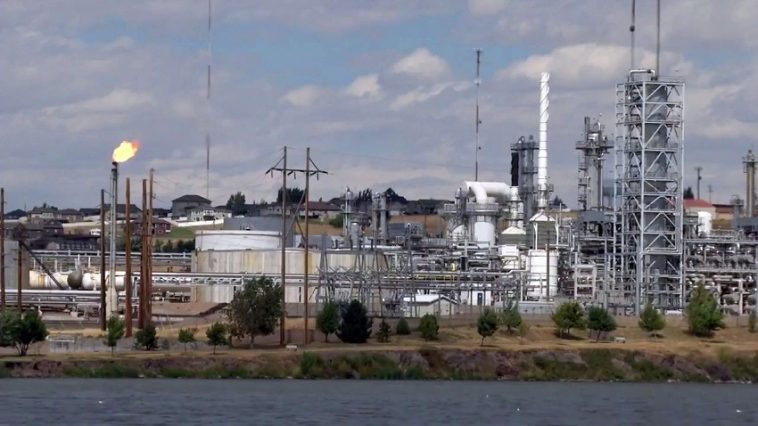Missoula, MT – The U.S. Department of Energy (DOE) has approved a $1.67 billion loan to Montana Renewables, a subsidiary of Calumet, to expand its operations in Great Falls. This funding, which had been delayed during a review by the Trump administration, will now proceed after the DOE’s Loan Program Office confirmed the completion of the review.
The approval marks a significant step forward for Montana Renewables, which specializes in producing a range of sustainable fuels, including renewable hydrogen, renewable diesel, synthetic paraffinic kerosene (SPK), sustainable aviation fuel (SAF), and renewable gasoline blend stock. With this loan, the company aims to expand its Great Falls facility, specifically to increase its production of SAF, which is in high demand as airlines seek cleaner alternatives to traditional jet fuel.
The funding will be disbursed in phases, with the first tranche of approximately $782 million expected to be completed by next week. Montana Renewables’ expansion plans are set to create 450 construction jobs and up to 40 operational positions, further boosting the local economy.
U.S. Senator Steve Daines of Montana, who played a key role in urging the approval of the loan, expressed his support for the project in a statement, highlighting its importance for both local job creation and national energy security. “Energy security is national security,” said Daines. “Montana Renewables and the Calumet refinery provide high-paying jobs, boost our economy, and offer efficient biofuel production. I am glad to see that the DOE is focused on bolstering Made-In-America energy.”
Montana Renewables’ focus on sustainable fuels aligns with the growing push for renewable energy sources in the U.S., positioning the company as a key player in the transition to cleaner energy solutions. The expansion of the Great Falls facility will not only increase SAF production but also contribute to reducing the aviation industry’s carbon footprint.
The approval of the DOE loan marks a new chapter for Montana Renewables, offering the potential to drive economic growth, enhance energy security, and support the development of innovative clean energy technologies in the region.



